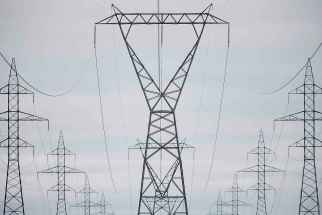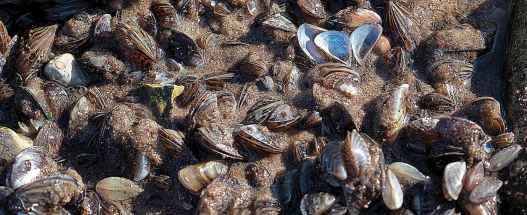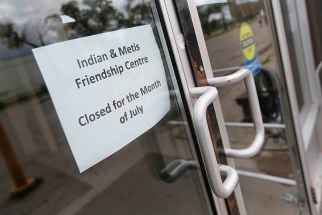Manitoba First Nations put treaty land resolutions on hydro line table
Read this article for free:
or
Already have an account? Log in here »
To continue reading, please subscribe:
Monthly Digital Subscription
$0 for the first 4 weeks*
- Enjoy unlimited reading on winnipegfreepress.com
- Read the E-Edition, our digital replica newspaper
- Access News Break, our award-winning app
- Play interactive puzzles
*No charge for 4 weeks then price increases to the regular rate of $19.00 plus GST every four weeks. Offer available to new and qualified returning subscribers only. Cancel any time.
Monthly Digital Subscription
$4.75/week*
- Enjoy unlimited reading on winnipegfreepress.com
- Read the E-Edition, our digital replica newspaper
- Access News Break, our award-winning app
- Play interactive puzzles
*Billed as $19 plus GST every four weeks. Cancel any time.
To continue reading, please subscribe:
Add Free Press access to your Brandon Sun subscription for only an additional
$1 for the first 4 weeks*
*Your next subscription payment will increase by $1.00 and you will be charged $16.99 plus GST for four weeks. After four weeks, your payment will increase to $23.99 plus GST every four weeks.
Read unlimited articles for free today:
or
Already have an account? Log in here »
Hey there, time traveller!
This article was published 12/06/2019 (2372 days ago), so information in it may no longer be current.
OTTAWA — As the Trudeau and Pallister governments prepare for elections in the fall, some First Nations leaders appear to be using the Manitoba Hydro transmission line to Minnesota as leverage to resolve long-standing grievances over treaty land.
“The Liberals have to prove that they can actually work with First Nations,” said Terry Nelson, a councillor and former chief of Roseau River First Nation.
After threatening last week to do everything in their power to block the transmission line, chiefs signalled on Tuesday there had been progress on resolving the dispute ahead of the Liberals’ deadline, on Friday, to approve the project.

Documents obtained by the Free Press show some of the First Nations are proposing to co-write a letter with the provincial government, urging Ottawa to postpone its decision by less than a month and step up its work on longstanding treaty-land allotments.
Sources said First Nations floated the idea to Manitoba Crown Services Minister Colleen Mayer in a meeting on Tuesday.
Chiefs will likely raise the idea with senior Hydro executives at a meeting, which could happen as soon as today.
The $453-million transmission line would transmit some of Manitoba’s excess hydroelectricity to Minnesota by June 2020, to offset Hydro’s debt and to lower carbon emissions.
The project has undergone provincial consultations and was approved by the National Energy Board, with conditions. But the federal cabinet has twice extended the deadline for its decision, which is the final hurdle before construction.
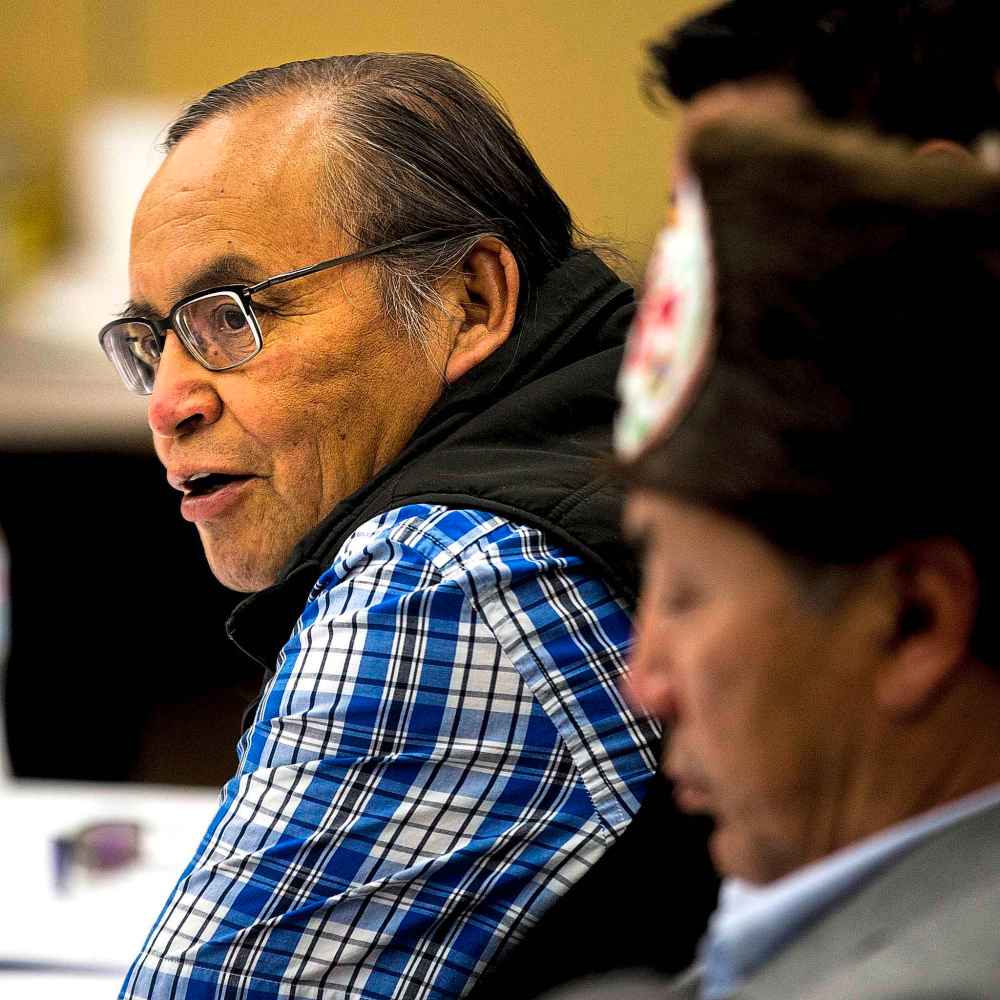
Six of the First Nations near Winnipeg have opposed the deal on two grounds: concerns over its effects on cultural practices and hunting, as well as grievances over treaty land.
Treaty entitlements allow First Nations to purchase public land for everything from spiritual practices to economic opportunities, as part of allotments agreed to in the late 1800s. The process has stalled, with projects such as the former Kapyong barracks and 1075 Portage Ave. taking years or decades to complete.
With elections set for the fall, Nelson encouraged Treaty 1 chiefs to use the transmission line as a bargaining chip in the fight to get land. For example, they want Ottawa to appoint a full-time negotiator for land-entitlement talks, specifically for the Winnipeg area.
Otherwise, the chiefs could try to block the project by seeking court injunctions against the energy board, Hydro and both governments. Some First Nations that filed lawsuits years ago, and then put them on pause, could re-start them.
“If it takes us five years to go through the Supreme Court, then fine. We waited 148 years,” Nelson said.
Some chiefs suggest asking Ottawa to postpone its deadline to green-light the deal by a week or two, instead of a month, when Parliament won’t be sitting and politicians will be campaigning.
Treaty 1 spokesman Dennis Meeches, who is chief of Long Plain First Nation, would only say that Tuesday’s meeting with Mayer was “very positive.”
The Manitoba Metis Federation remains opposed to the project. A year ago, Premier Brian Pallister cancelled a 50-year, $67.5-million tentative deal between Hydro and the federation, calling it “hush money.”
The money was in exchange for the Métis not contesting the transmission project during the assessment process, which would prompt an unprecedented undertaking to determine Métis land rights.
The Liberals cited Pallister’s spat with the federation as grounds for postponing the deadline to approve the project last month. Since then, First Nations in Manitoba and Ontario have gone public with their own concerns.
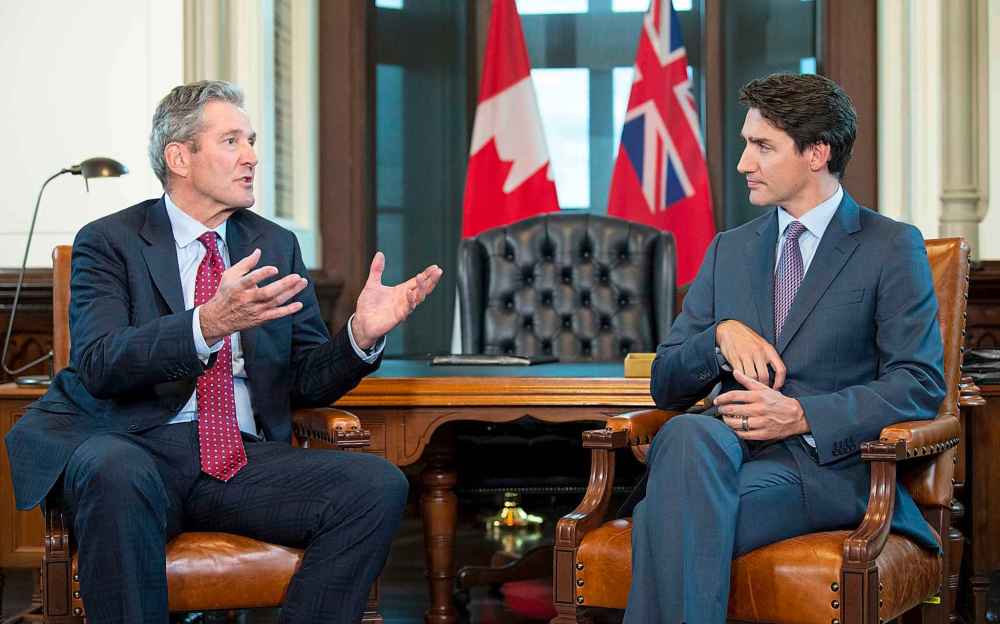
Pallister met with Prime Minister Justin Trudeau about the Hydro line two weeks ago, warning that any delay would cost taxpayers money and harm the Crown corporation’s reputation in the United States.
Trudeau will meet today with federation president David Chartrand, as part of regular meetings with Métis leaders.
The federal cabinet met Tuesday, but the office of Natural Resources Minister Amarjeet Sohi would not say whether it has decided to seek another extension beyond Friday.
dylan.robertson@freepress.mb.ca
History
Updated on Wednesday, June 12, 2019 8:26 PM CDT: Final version.





